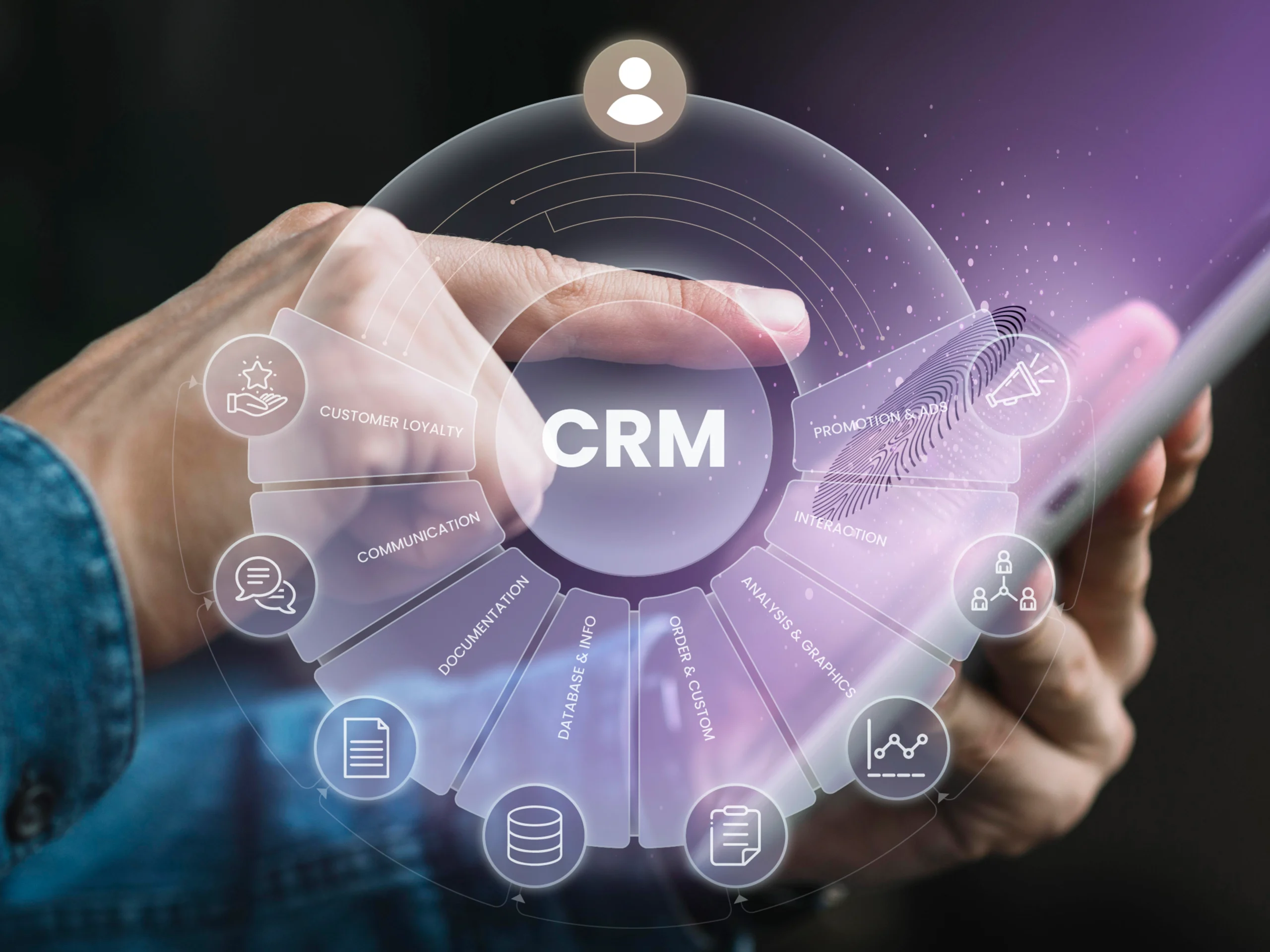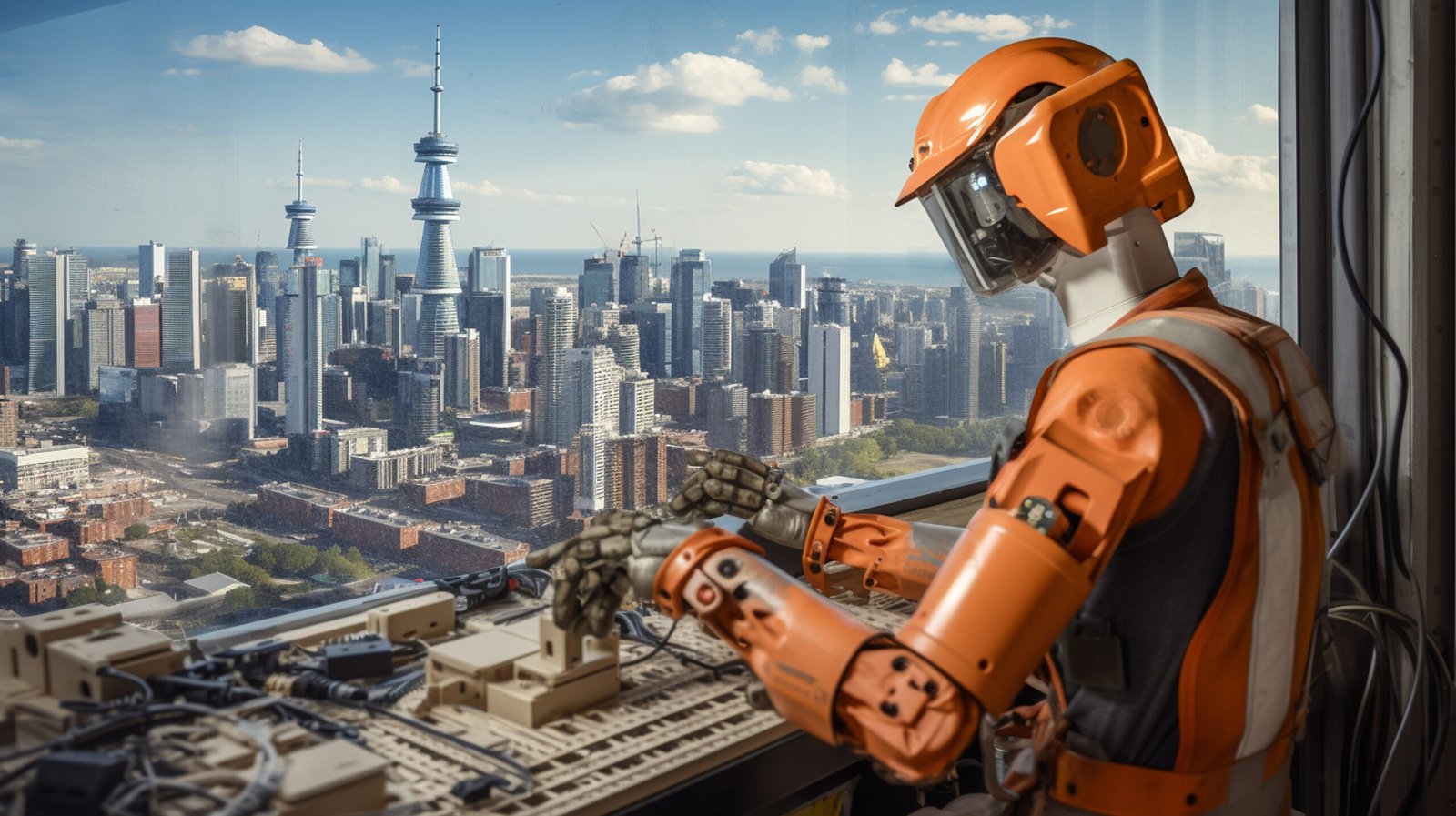Introduction
Water is fundamental to life; yet more than 2 billion people worldwide lack access to safely managed drinking water. As climate change intensifies, population growth surges, and freshwater sources diminish, water scarcity has emerged as one of the 21st century’s most critical challenges. For PhD students working in water engineering, this global crisis offers fertile ground for innovative research. Many students seek PhD dissertation help for water engineering to develop impactful, technically sound, and sustainable solutions.
Engineering has stepped in with advanced approaches to ensure sustainable water supply for communities, industries, and agriculture. While desalination is a leading method, today’s research explores options that extend beyond, incorporating circular water use, smart monitoring systems, and renewable-powered solutions.
Understanding Water Scarcity
Water scarcity can be classified as physical (when there is not enough water) or economic (when infrastructure limits access). Regions like the Middle East, North Africa, and parts of South Asia face chronic shortages. According to the United Nations, two-thirds of the global population could live under water-stressed conditions by 2025.
For scholars tackling these challenges in their research, securing PhD dissertation help for water engineering can enhance both the technical depth and academic rigor of their work. Whether it’s modeling water demand or designing smart grids, research in this field requires a multidisciplinary understanding. Services offering engineering dissertation writing services provide essential support to students who want to publish or defend high-quality work.
Desalination: A Prominent Solution
Desalination involves removing salt and impurities from seawater or brackish water to produce fresh, drinkable water. The two primary techniques are:
- Reverse Osmosis (RO): Uses semi-permeable membranes and pressure to separate salts from water (Mengesha & Sahu, 2022).
- Thermal Desalination: Evaporates and condenses water to separate it from salts.
Countries such as Saudi Arabia, Israel, and the UAE depend heavily on this method. Saudi Arabia alone produces over 5 million cubic meters of desalinated water daily.
Advantages:
- Reliable, drought-proof source
- Utilizes abundant seawater
- Provides clean water in arid regions
Challenges:
- High energy consumption
- Expensive infrastructure
- Environmental concerns like brine disposal
Today, PhD scholars are exploring low-energy alternatives, such as solar-assisted desalination and nanotechnology-enhanced membranes. If you’re conducting research in this area, PhD research help for water treatment projects can provide assistance in modeling, simulations, literature reviews, and manuscript writing.
Beyond Desalination: Innovative Water Engineering Solutions
1. Wastewater Recycling and Reuse
Modern engineering allows wastewater to be treated and safely reused in agriculture, industry, and even as potable water.
- Example: Singapore’s NEWater project meets 40% of the country’s water demand.
- Tools like Membrane Bioreactors (MBRs) and ultrafiltration are central in such systems (Rahman et al., 2023).
- Ideal for those seeking PhD dissertation help for water engineering focused on sustainable urban planning.
2. Rainwater Harvesting and Storage Systems
In areas with seasonal rainfall, collecting and storing rainwater boosts local water availability.
- Smart filtration and IoT-based systems improve efficiency.
- A strong topic for students pursuing engineering dissertation writing services for environmental solutions.
3. Atmospheric Water Generation (AWG)
AWG systems extract water from humid air, providing drinking water in off-grid or emergency scenarios.
- Emerging designs integrate solar panels for sustainable operation.
- If your dissertation explores renewable-powered AWG, expert guidance through PhD dissertation help for water engineering ensures methodological accuracy.
4. Smart Water Management with IoT
Using AI, data analytics, and IoT, engineers can track leaks, optimize supply, and conserve water.
- Barcelona’s smart water grid reduced water loss by 25%.
- A promising area for tech-savvy PhD researchers seeking water scarcity PhD thesis assistance.
5. Aquifer Recharge and Managed Storage
Managed Aquifer Recharge (MAR) techniques help replenish underground water tables using surplus rainwater.
- Widely implemented in India.
A strong domain for students in civil engineering or hydrogeology requiring dissertation help for civil and environmental engineering.
Sustainable Materials and Design
From biodegradable filters to energy-efficient pumps, sustainable materials are revolutionizing water infrastructure. Modular, mobile water treatment units are ideal for rural and disaster-prone zones. These systems are frequently covered in dissertations with a focus on humanitarian engineering—another growing area where students seek PhD dissertation help for water engineering.
Policy and Collaboration
Engineering solutions are most effective when backed by strong governance, community engagement, and international cooperation.
- Integrated Water Resource Management (IWRM) policies
- Support from global organizations like UN-Water and the World Bank
- Stakeholder education and public-private partnerships
PhD students examining such models often benefit from engineering dissertation writing services that include policy analysis and academic referencing.
Conclusion
Water scarcity is not a future issue—it’s a global emergency unfolding now. Desalination, while powerful, must be paired with recycling, rainwater harvesting, atmospheric water generation, and AI-powered distribution. PhD students tackling these complex subjects are shaping the future of sustainable water use.
If you’re navigating your research in this area, our PhD dissertation help for water engineering offers expert guidance, technical research support, and academic writing assistance. Whether your study focuses on desalination, smart systems, or policy impact, our specialized team can help you bring your ideas to life—ethically, professionally, and academically sound.
References
Mengesha, A., & Sahu, O. (2022). Sustainability of membrane separation technology on groundwater reverse osmosis process. Cleaner Engineering and Technology, 7, 100457. https://doi.org/10.1016/j.clet.2022.100457 [Reverse Osmosis]
Rahman, T. U., Roy, H., Islam, M. R., Tahmid, M., Fariha, A., Mazumder, A., & Islam, M. S. (2023). The advancement in membrane bioreactor (MBR) technology toward sustainable industrial wastewater management. Membranes, 13(2), 181. https://doi.org/10.3390/membranes13020181 [Membrane Bioreactors]
Rane, N., Choudhary, S., & Rane, J. (2023). Artificial Intelligence (AI) and Internet of Things (IoT)–based sensors for monitoring and controlling in architecture, engineering, and construction: Applications, challenges, and opportunities. Engineering and Construction: Applications, Challenges, and Opportunities (November 20, 2023). http://dx.doi.org/10.2139/ssrn.4642197 [Internet of Things (IoT)]
Rosa, L., Chiarelli, D. D., Rulli, M. C., Dell’Angelo, J., & D’Odorico, P. (2020). Global agricultural economic water scarcity. Science Advances, 6(18), eaaz6031. https://doi.org/10.1126/sciadv.aaz6031 [Water Scarcity]
Watson, N., Shrubsole, D., & Mitchell, B. (2019). Governance arrangements for integrated water resources management in Ontario, Canada, and Oregon, USA: evolution and lessons. Water, 11(4), 663. https://doi.org/10.3390/w11040663 [Integrated Water Resource Management]








